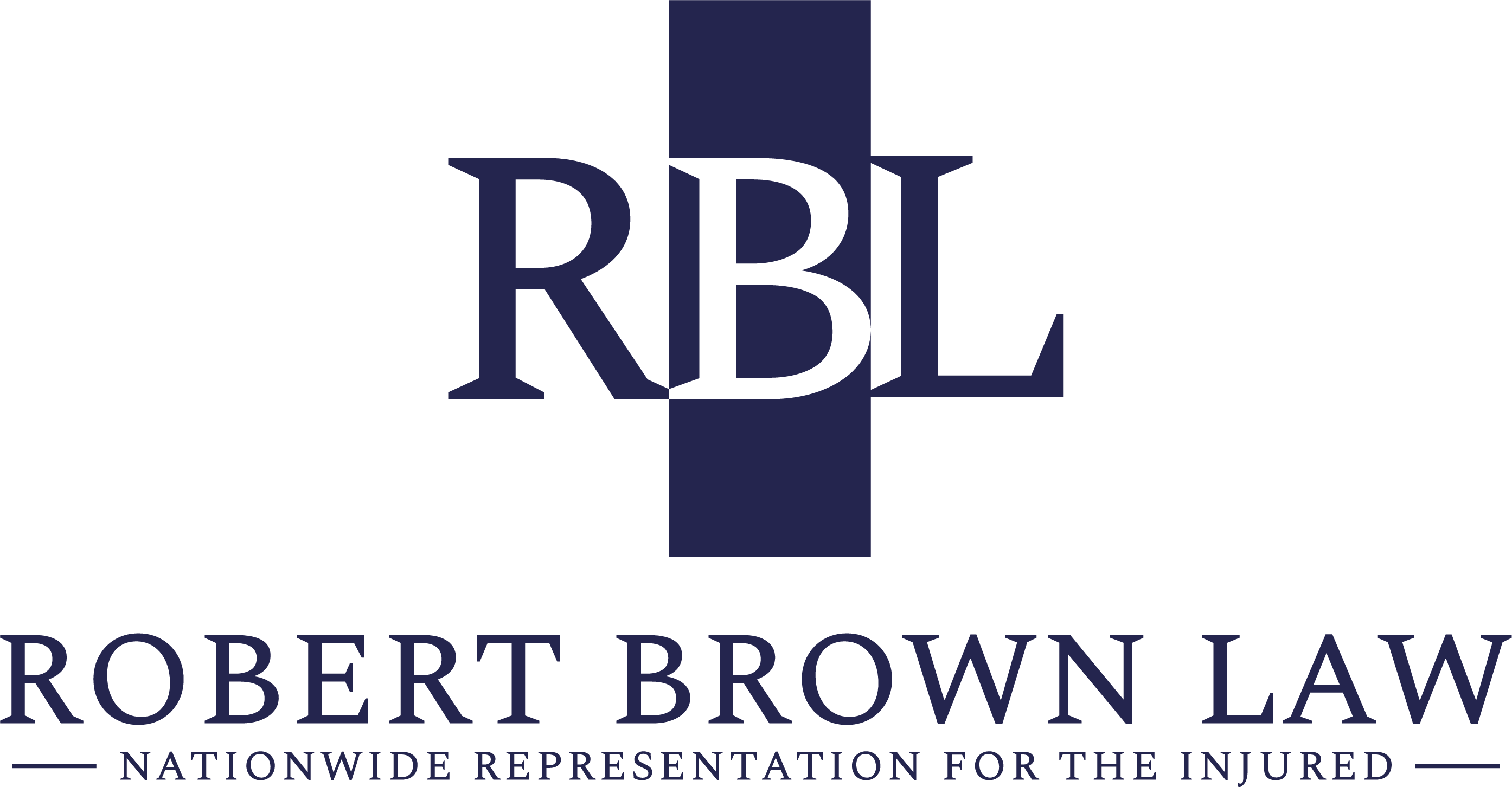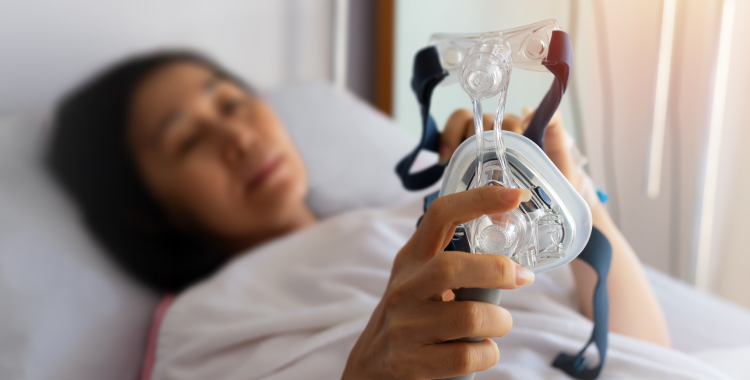Phillips CPAP Lawsuit
People who developed cancer or other serious health conditions after using a recalled Philips CPAP machine may be eligible for compensation through a CPAP recall lawsuit. Attorneys began reviewing Philips CPAP claims following the June 2021 recall that removed millions of CPAP, BiPAP, and ventilator devices from the market due to potential toxic or carcinogenic effects. According to the FDA, people who used the recalled machines for sleep apnea or other medical conditions requiring breathing assistance may have inhaled or swallowed harmful particulate matter or toxic gases from degraded sound abatement foam. In the last year alone, the FDA has received more than 21,000 medical device reports associated with foam breakdown or suspected foam breakdown, including 124 reports of death.
If you or someone you love has suffered cancer, respiratory problems, lung damage, or other injuries allegedly caused by a recalled Philips CPAP machine, contact our product liability attorneys at Robert Brown Law today. We have experience dealing with big companies like Philips and we can ensure that you understand your legal rights and options.
Philips Breathing Machines Affected by Recall
The FDA categorized the Philips Respironics CPAP recall as a Class I recall, which is the most serious type of recall. The devices affected by the Philips recall include certain CPAP, BiPAP, and continuous ventilator machines manufactured between 2009 and April 26, 2021. CPAP, BiPAP, and ventilator machines are all medical devices used to provide breathing assistance to patients who have difficulty breathing properly or are unable to breathe on their own.
CPAP (continuous positive airway pressure) devices are prescribed to people with obstructive sleep apnea, a potentially serious condition in which the muscles at the back of the throat relax too much to support normal breathing. CPAP machines are meant to keep the user’s airway open during sleep by providing a continuous stream of air through a mask.
BiPAP (bilevel positive airway pressure) devices pump air under pressure into the lungs, using a higher pressure when breathing in and a lower pressure when breathing out.
Continuous ventilator devices are meant to mechanically control or help a patient’s breathing by delivering a specific amount of oxygen in the breathing gas.
According to a safety communication issued by the FDA in June 2021, the affected CPAP, BiPAP, and ventilator machines contain sound abatement foam that may degrade over time. The polyester-based polyurethane (PE-PUR) foam is used to reduce sound and vibration in the medical devices. However, if the PE-PUR foam breaks down, debris or chemicals from the foam may enter the device’s air pathway and be inhaled or swallowed by the user.
Potential Side Effects of Recalled Philips Devices
The FDA warned in its CPAP recall safety communication that exposure to toxic particles or chemicals from degraded sound abatement foam in the affected CPAP, BiPAP, and ventilator devices can result in serious injury, “which can be life-threatening, cause permanent impairment, and require medical intervention to prevent permanent damage.” The FDA warns that exposure to black debris from the PE-PUR foam may cause an inflammatory response, headache, asthma, irritation to the skin, eye, and respiratory tract, and toxic or carcinogenic effects to organs, such as the kidneys and liver. Furthermore, exposure to chemicals released from the foam may cause irritation to the eyes, nose, respiratory tract, and skin, dizziness, headache, hypersensitivity, nausea and vomiting, and toxic and carcinogenic effects. Among the myriad injuries that may qualify for a CPAP claim against Philips Respironics are:
- Bladder cancer
- Liver cancer
- Lung cancer
- Kidney cancer
- Breast cancer
- Testicular cancer
- Prostate cancer
- Thyroid cancer
- Leukemia
- Multiple myeloma
- Non-Hodgkin’s lymphoma
- Liver damage
- Lung damage
In addition to putting users at risk for a number of potential health problems, the Philips recall created a serious dilemma for those who relied on affected CPAP, BiPAP, or ventilator machines for life saving breathing assistance and were forced to find alternative treatments.
Philips Respironics Faces Mounting CPAP Lawsuits
A growing number of individual Philips CPAP lawsuits allege that the company manufactured defective and unreasonably dangerous medical devices and failed to warn consumers and healthcare providers about the potential risk of side effects. Additionally, Philips faces a handful of class action lawsuits demanding reimbursement for the cost of replacing recalled CPAP machines. Although Philips announced in September 2021 that it would repair or replace affected CPAP, BiPAP, and ventilator devices, the FDA reported several months later that the silicone-based foam being used in place of the faulty PE-PUR foam in repaired devices may also pose a health risk for users.
The FDA’s updated safety communication also revealed that Philips knew as early as 2011 that the PE-PUR foam used in its medical devices could degrade over time. “Philips submitted 30 MDRs [medical device reports] between 2011-April 2021 that they identified as associated with the PE-PUR foam breakdown,” the FDA reported. “Since April 2021 through April 30, 2022, the FDA received more than 21,000 MDRs, including 124 reports of death, associated with the PE-PUR foam breakdown or suspected foam breakdown.” These medical device reports included a wide range of injuries, including:
- Cancer
- Pneumonia
- Respiratory problems
- Asthma
- Headache
- Infection
- Dizziness
- Cough
- Dyspnea (difficulty breathing)
- Nodules
- Chest pain
What the Philips CPAP Recall Means for You
Patients who currently use or previously used a recalled CPAP, BiPAP, or ventilator machine for breathing assistance may now be at risk for cancer or other serious and potentially life-threatening health issues due to problems with the PE-PUR foam used in the affected devices. Sadly, the medical devices we rely on for life-saving medical care are not always safe, and when manufacturing companies fail to take the appropriate steps to ensure that patients and healthcare providers understand the potential risks associated with their devices, the consequences can be devastating or possibly even fatal. To learn more about the Philips CPAP recall and to find out how to proceed if you believe you have suffered injuries because of a recalled device, contact Robert Brown Law today. Our product liability attorneys know how frightening and stressful learning about a medical device recall and the associated health risks can be, and we are standing by, ready to help.

